
How do you find a job when you have a criminal record?

How do you find a job when you have a criminal record?
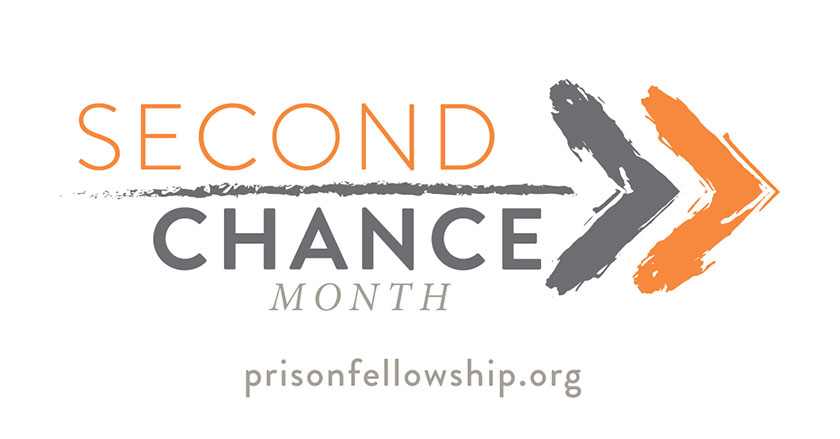
Welcome to Second Chance Month! Prison Fellowship® and our diverse group of partner organizations are raising awareness this month of the hardships former prisoners face upon their return to society. Will you join us?
SECOND CHANCE MONTH: A NATIONAL MOVEMENTCasey Irwin is interviewed about her experiences with collateral consequences.
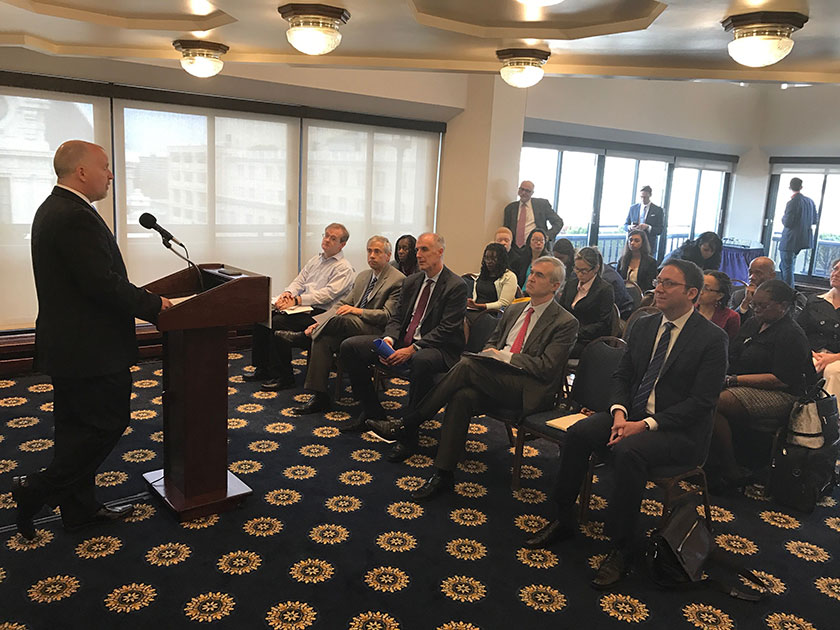
Update 3/31/2017–U.S. Senator Rob Portman (R-Ohio) introduced a resolution that would designate April 2017 as "Second Chance Month."
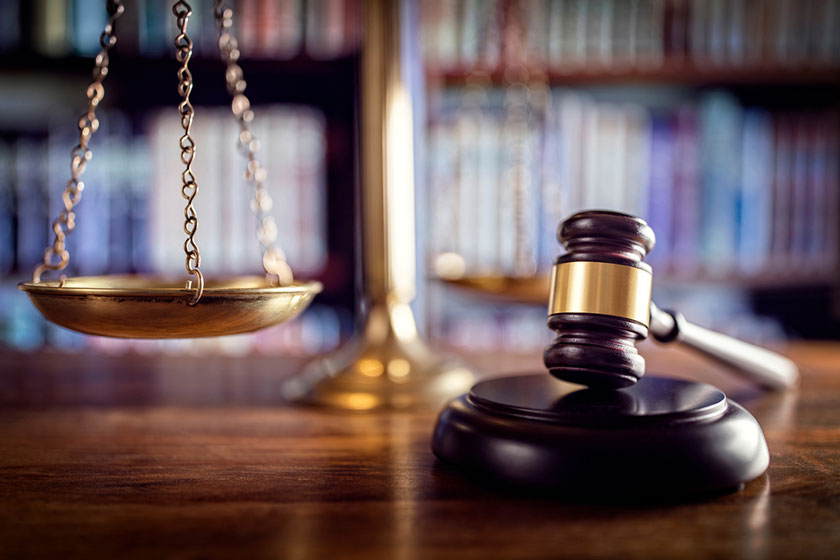
In an opinion piece for The Hill, Craig DeRoche, senior vice president of advocacy and public policy at Prison Fellowship®, stated three specific ways President Trump could succeed in his promises to not just remove threats to law and order but to also bring "healing and hope" to those Americans hurt by crime.
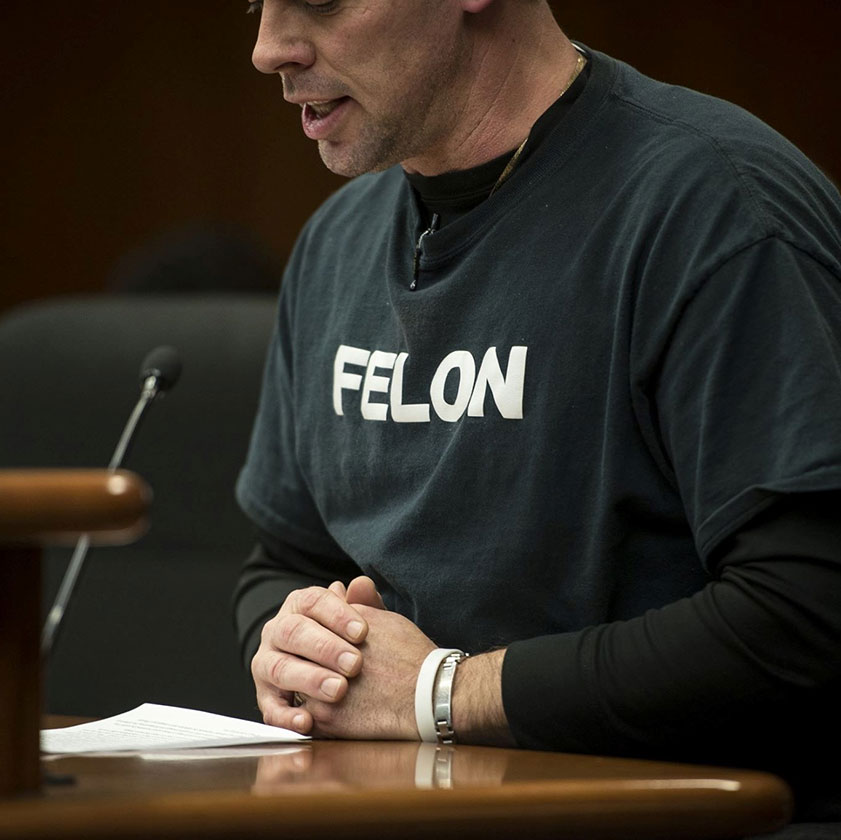
By Randy Anderson, as told to Emily Andrews
Randy Anderson will be speaking at Prison Fellowship®'s annual Second Chances 5K in St. Paul, Minnesota, this spring. The 5K raises awareness for those in need of a second chance. Randy hopes his story of struggle and recovery will inspire others—in and out of prison—to believe that no life is beyond restoration.
Join Prison Fellowship® for our Second Chances 5K runs this April in Denver and St. Paul!
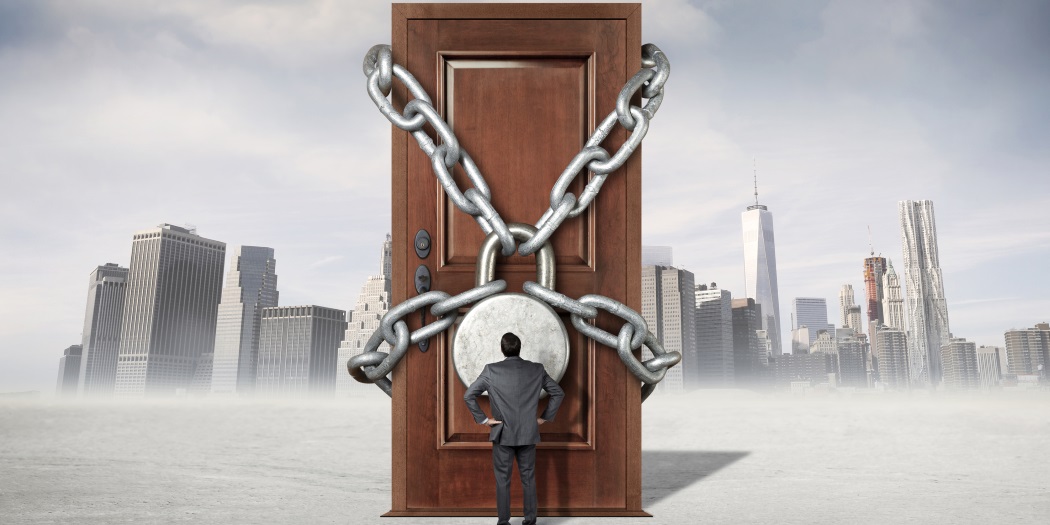
Ever wonder what life is like for someone with a criminal record?
A new quiz on the Marshall Project website gives readers an opportunity to see how much they know about the hurdles that face men and women who have committed crimes.
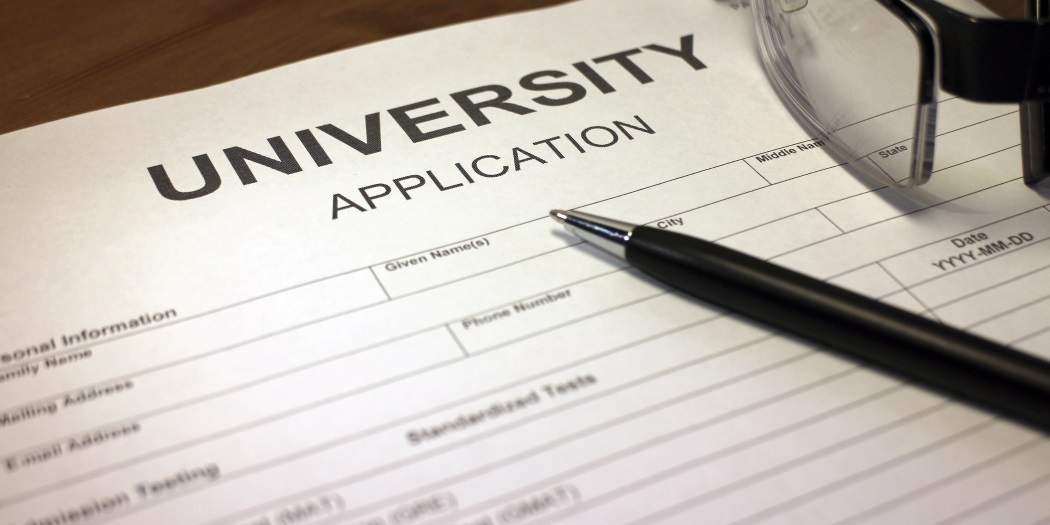
When applicants to one of the State University of New York’s (SUNY) 64 campuses apply for admission, they are required to answer question 20a: “Have you ever been convicted of a felony?” The question has proven to be a major hurdle for men and women with criminal records, with three of five of such applicants dropping out of the application process before reaching its conclusion.
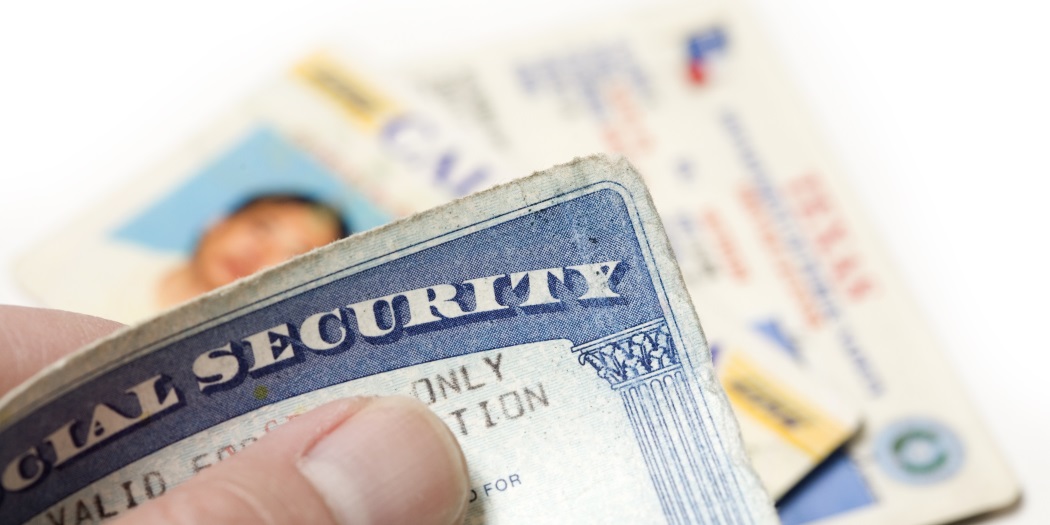
Most of us have them in our wallets or purses right now—little laminated cards with our names and a typically bad photograph that identifies who we are and where we live. They are of vital importance to any number of routine tasks, be it cashing a check, purchasing an airline ticket, or applying for a job.
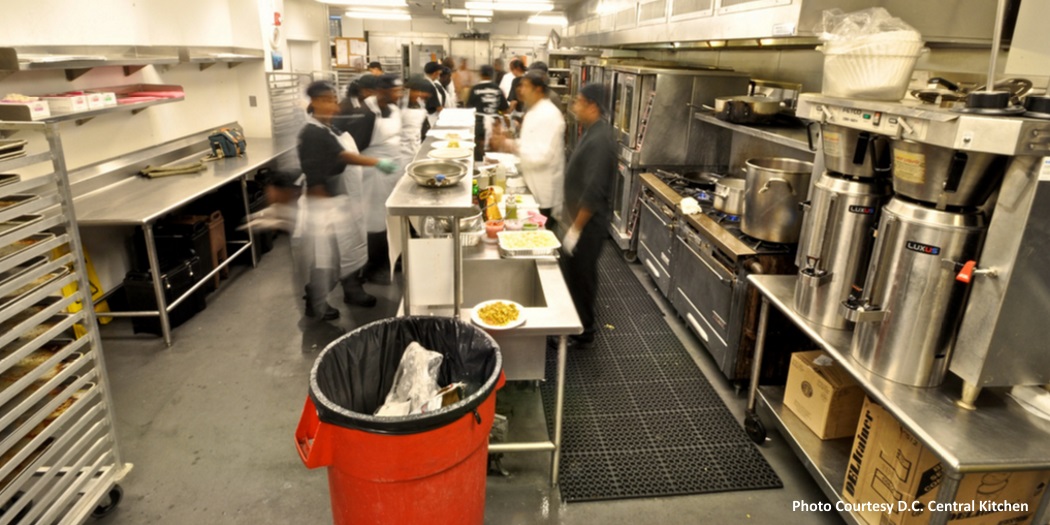
“The only thing I’d ever graduated from was drug treatment. I had no training, no certifications in anything. What I did have was a very lengthy criminal history,” says Jessica Towers.
With six felonies and a scant professional résumé, Jessica wasn’t exactly set up for success as a jobseeker.
On Saturday, July 9th, a symposium on criminal justice reform was held at the Antonin Scalia Law School at George Mason University. The event, which received funding from The Charles Koch Foundation and sponsorship by The Fund for American Studies, featured members from organizations who have been integral in the fight for conservative criminal justice reform, including Right on Crime, Families Against Mandatory Minimums, Prison Fellowship, and the Heritage foundation.

The written word. It has the muscle to enlarge minds.
To touch hearts.
To educate and inspire.
That’s why Mike Oliver collects and organizes books each week that will be sent to Florida prisoners.
But there’s another reason.
Five years ago, Oliver, 72, was incarcerated and knows how good it felt to receive reading material while serving time.
When the Rev. Damita Davis-Howard’s son was released from his incarceration in 2014, he sought to rebuild his life. He moved in with his young son, his son’s mother, and her family, and attempted to be the father he himself had not had since his own had passed away when he was 13.
Roughly 60,000 teenagers currently reside in juvenile detention facilities across the United States. While detained, these young men and women are separated from their friends, family—and the schools which they had been attending.
A recent feature on the PBS Newshour takes a closer look at the importance of educating youth behind bars, focusing on the efforts being made at one facility in Lowell, Massachusetts.

There is little debate remaining that the United States has a significant problem with the recidivism of former prisoners. Department of Justice statistics show that one-third of released prisoners are rearrested in their first year outside prison walls. Within three years, that number jumps to 50 percent, and then to 75 percent over five years.
Restoration Partners give monthly to bring life-changing prison ministry programs to incarcerated men and women across the country.
JOIN NOW